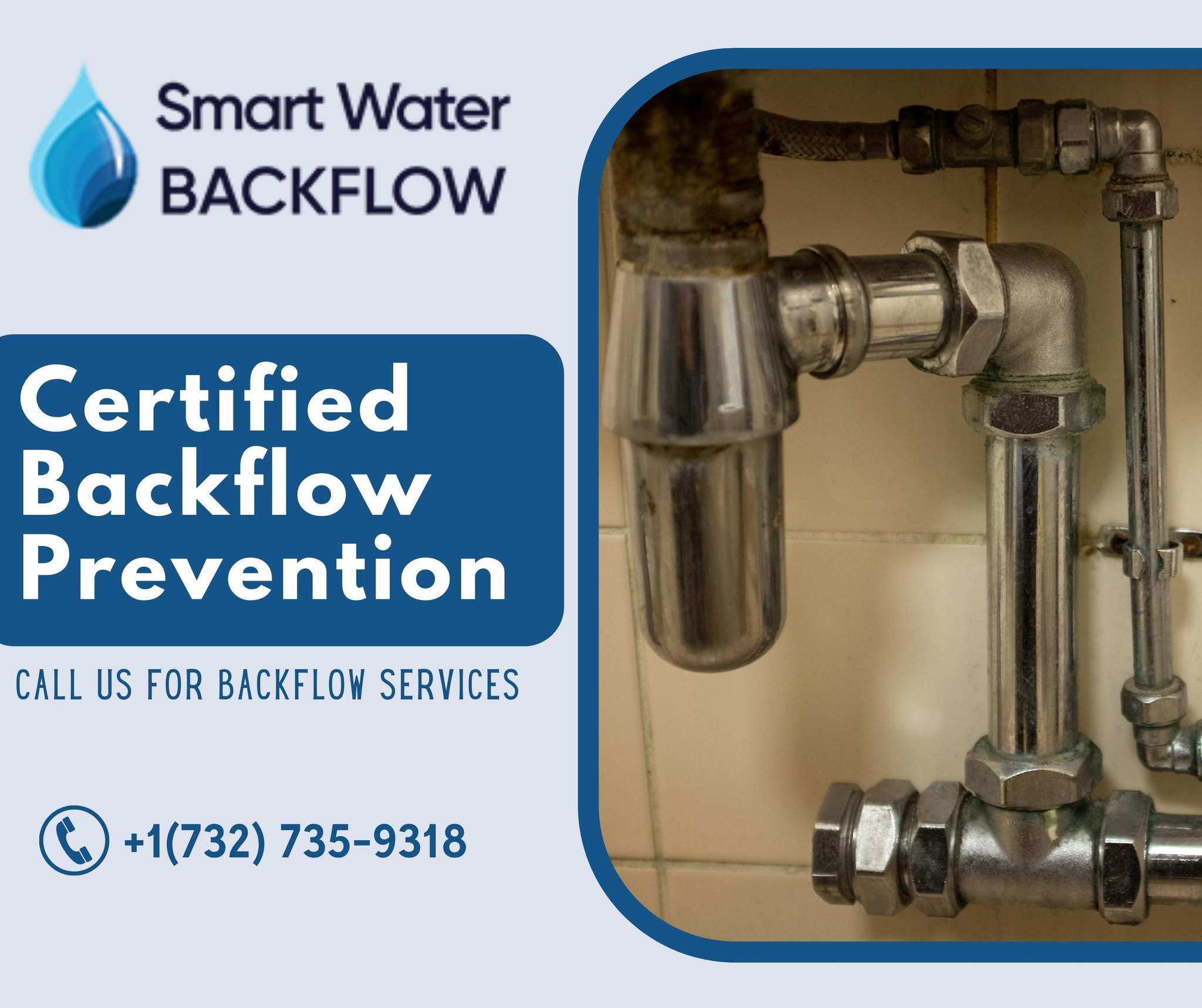How to choose the right backflow tester in New Jersey?

Backflow testing is something we do not discuss often, but it’s vital for maintaining safe drinking water. If you’re a homeowner or business owner in New Jersey, you need to ensure that your backflow prevention system is working correctly. But how do we know that? A reliable backflow tester can help you with that. It is also essential to Find backflow testing experts. Today, we’ll briefly break down the process, offering tips and advice on finding a trusted backflow testing expert near you.
Before diving into the details of choosing the right backflow tester, let’s briefly understand why backflow testing matters. Backflow occurs when contaminated water reverses its flow and mixes with your clean water supply. This can lead to health hazards. Regular testing ensures that your backflow prevention system works correctly, preventing contamination.
What to look for while searching for a Finding a Backflow Tester?
Check for Certification: When searching for a backflow tester, the first thing you should look for is their certification. A trustworthy tester should have proper certification from a recognized authority. In New Jersey, the American Backflow Prevention Association (ABPA) provides certification for backflow testers. Make sure your chosen expert is certified by the ABPA or a similar organization.
Verify Experience and Reputation: Experience matters in backflow testing. Look for testers who have been in the business for a while. Look for internet testimonials and reviews from previous customers. Positive comments are a good sign of a trustworthy tester. Request references from friends, family, and neighbors as well.
Ask About Insurance: Accidents can happen during backflow testing, and you want to ensure you’re not liable for any mishaps. A reputable tester should have insurance coverage. Before hiring them, do not be afraid to request proof of insurance. You can avoid potential legal and financial problems by taking this action.
Inquire About Testing Equipment: Reliable backflow testers use the right equipment for the job. Ask about the type of testing equipment they use and whether it’s up-to-date. Well-maintained equipment ensures accurate results. If a tester can’t provide clear information about their equipment, consider it a red flag.
Request References: Don’t hesitate to ask potential testers for references. Contact the given references and ask about their experiences with the tester. Did they find them professional, punctual, and knowledgeable? Were there any issues during the testing process? References can provide valuable insights into the tester’s reliability.
Compare Pricing: While price should not be the sole deciding factor, getting an idea of the cost of backflow testing in your area is essential. Ask for quotes from different testers and compare them. Be wary of significantly lower prices, as they may indicate subpar services.
Communication and Transparency: Clear communication is crucial. A reliable tester should be able to explain the testing process in simple terms. They should also provide you with a written report of the test results. If a tester is vague or avoids answering your questions, it’s best to look elsewhere.
Finding a Trusted backflow testers near me is not that tough. All you need to do is make a checklist of things you want to ensure in your tester. Also, by following these simple tips, you can find a trusted expert to ensure the safety of your water supply. We must understand that investing in a reliable backflow tester is an investment in your health and peace of mind. So, let’s not compromise on the quality of our drinking water.
Leave a Reply